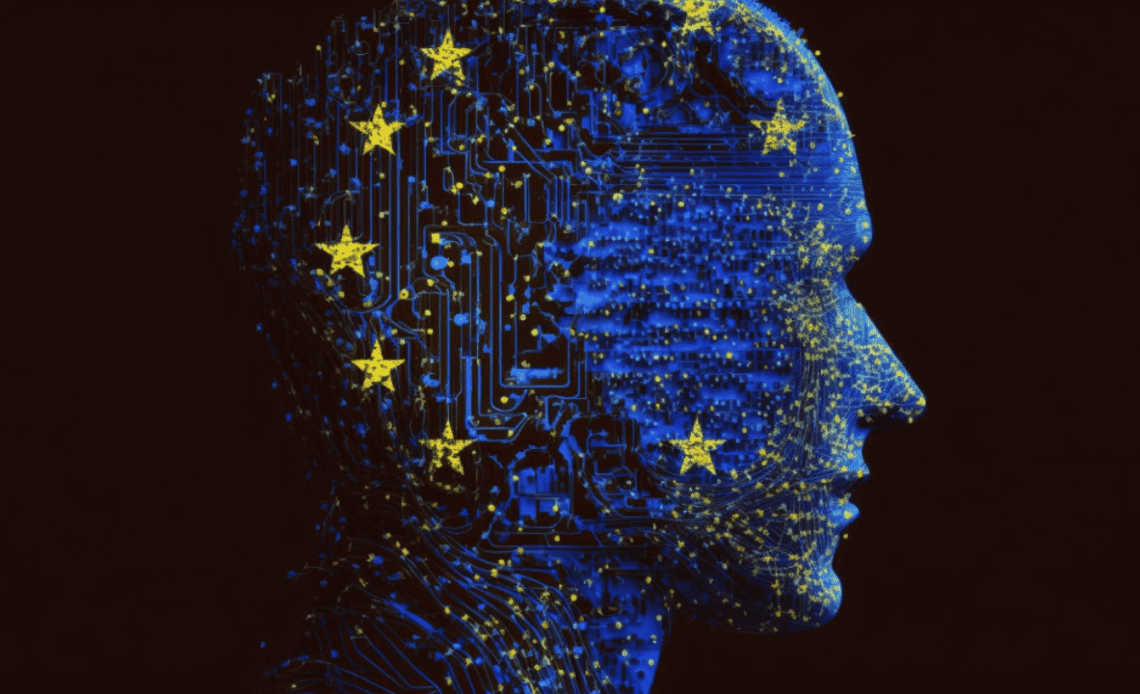Photo is generated by Webthat using MidJourney
Navigating the Risks and Opportunities for a Safer Future
The development of Artificial Intelligence (AI) has brought about both opportunities and risks. Although the advantages of AI are evident, apprehensions have emerged regarding its potential exploitation for malevolent intents.
This is why EU officials are considering regulations for General-Purpose Artificial Intelligence (GPAI). The importance of this issue cannot be overstated, as it could set a global precedent for AI regulations.
This article explores the potential risks associated with GPAI, the limitations of current regulations, and why regulation is needed for the entire product cycle, not just the application layer.
Risks of General-Purpose AI:
The primary concern with GPAI is its potential misuse for malicious purposes. As it can be programmed to perform multiple tasks, it can also be used to automate harm. For instance, a self-driving car, if not developed ethically and responsibly, could be programmed to cause an accident. There is a need to ensure that GPAI is developed and used ethically and responsibly to prevent such occurrences.
Current Regulations and their Limitations:
Current regulations on AI are often focused on specific applications rather than on the underlying technology. This approach may not be adequate in addressing the risks associated with GPAI.
For instance, regulations on the use of drones are focused on specific applications such as recreation and commercial use but are not comprehensive enough to regulate malicious use.
This is why regulations for GPAI must be broader, taking into account the full potential of the technology.
Why Regulation is Needed for Product Cycle, Not Just Application Layer:
Regulating only the application layer of GPAI may not be sufficient to prevent risks that can emerge during the product cycle.
These risks can include biased data that can lead to discriminatory outcomes or inadequate testing leading to unforeseen negative consequences. A product cycle approach to regulation would ensure that AI is developed, tested, and deployed ethically and responsibly.
Future-Proofing AI Regulations:
AI is a rapidly evolving technology, and its development will only accelerate in the coming years. To create effective regulations, it is important to make them adaptable and future-proof.
Furthermore, it is imperative to establish accountability for developers regarding any adverse outcomes resulting from their products. Regulations should avoid restricting certain products and focus on comprehensive coverage and effectiveness.
Why Comprehensive Regulation is Key to Mitigating Risks of General-Purpose AI
GPAI is a rapidly developing technology that presents both opportunities and risks. EU officials’ consideration of regulations for GPAI is a step towards ensuring the technology is developed and used ethically and responsibly.
However, current regulations are often limited in scope and only address the application layer of AI. To prevent risks associated with GPAI, it is important to regulate it for the entire product cycle.
Additionally, regulations should be adaptable and future-proof to keep pace with the evolving technology. The need for comprehensive and effective regulations on GPAI cannot be overstated, given their potential to set a global precedent for AI regulation.
CLICK HERE TO READ MORE ON WEBTHAT NEWS


